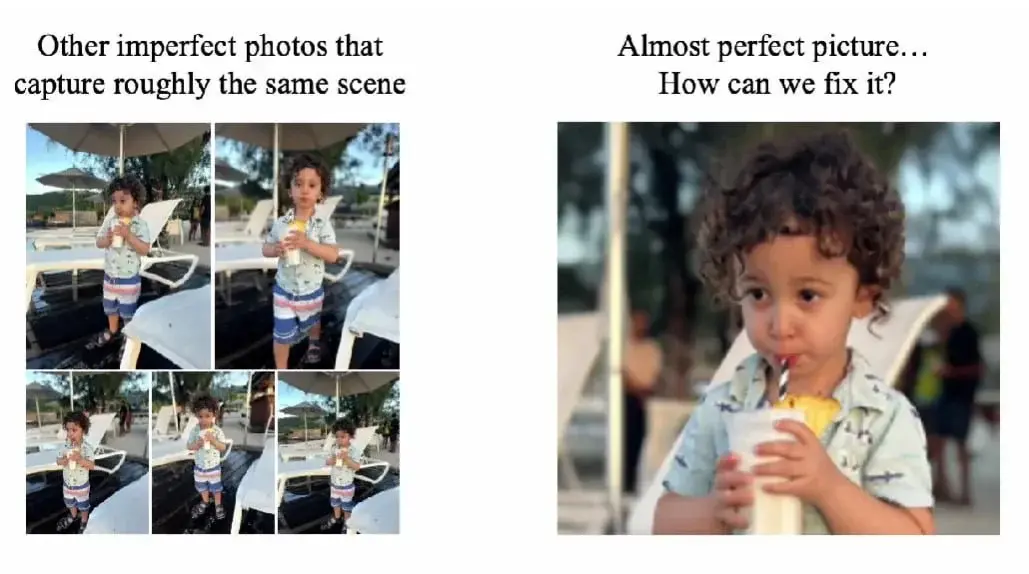AI has become a ubiquitous presence in our daily lives, with numerous tech companies unveiling their AI-driven products. Recently, Google filed for a trademark that sheds light on a new project named "RealFill," as disclosed by the European Union Intellectual Property Office (EUIPO) and the US Patent and Trade Office (USPTO).
RealFill Project Details
RealFill is not expected to be a downloadable software; mirroring Google’s Magic Editor on Pixel phones, editing processes are performed not on the user’s device but on Google’s own servers, as noted by the Android Authority team.
This upcoming AI feature bears resemblance to Adobe’s "Generative Fill" feature, but Google seems focused on refining photo quality by eliminating imperfections. Through RealFill, users will have the ability to create entirely new images using five existing photos as a foundation. By training the AI algorithm with these five base images, users can then apply image expansion to their target image.
Google’s Advanced Image Expansion Algorithm
Google’s AI algorithm under development aims to enhance image expansion accuracy by leveraging users’ diverse set of images. This approach minimizes the occurrence of unexpected or unrealistic objects during the expansion process, resulting in more authentic image outputs based on users’ reference photos.
RealFill Limitations and Future Release
While RealFill has not been publicly launched, it is not without its limitations. Significant disparities between the target image and the reference images provided by the user could lead to undesired outcomes in the final image. Demonstrations of RealFill showcase that the base photos are notably similar, almost resembling different angles of the same scene.
Various AI-powered image expansion solutions currently exist, but their performance can be inconsistent, occasionally yielding disappointing results. The timeline for Google’s release of RealFill to the public remains uncertain; speculations suggest a potential integration in the Pixel 9 series, although details remain vague at present.




Leave a Reply